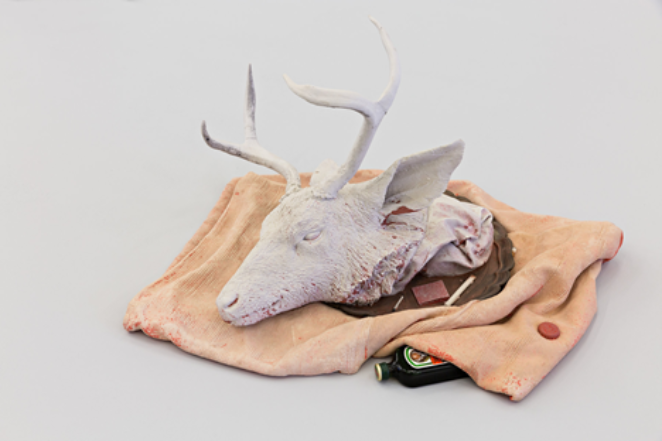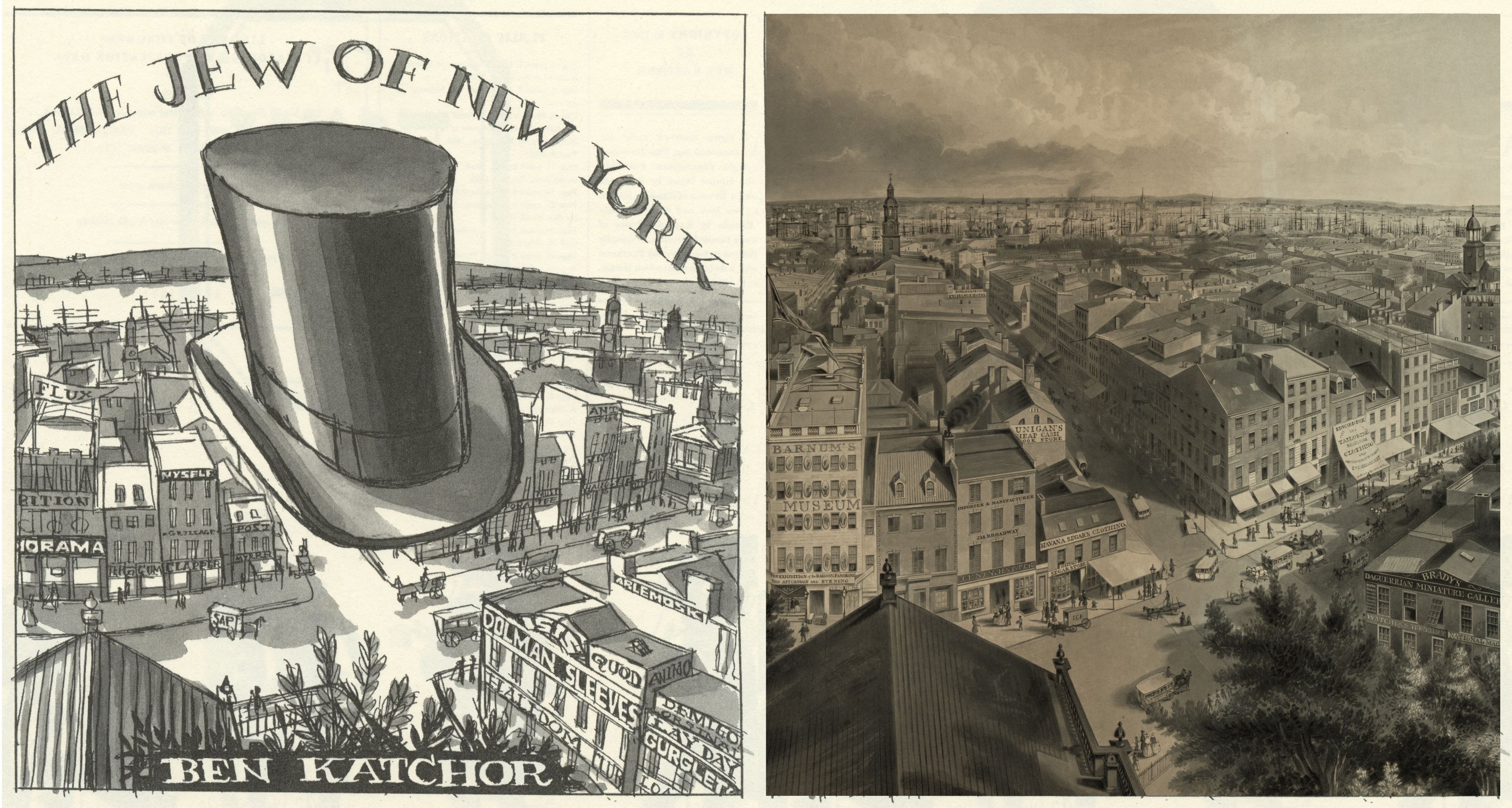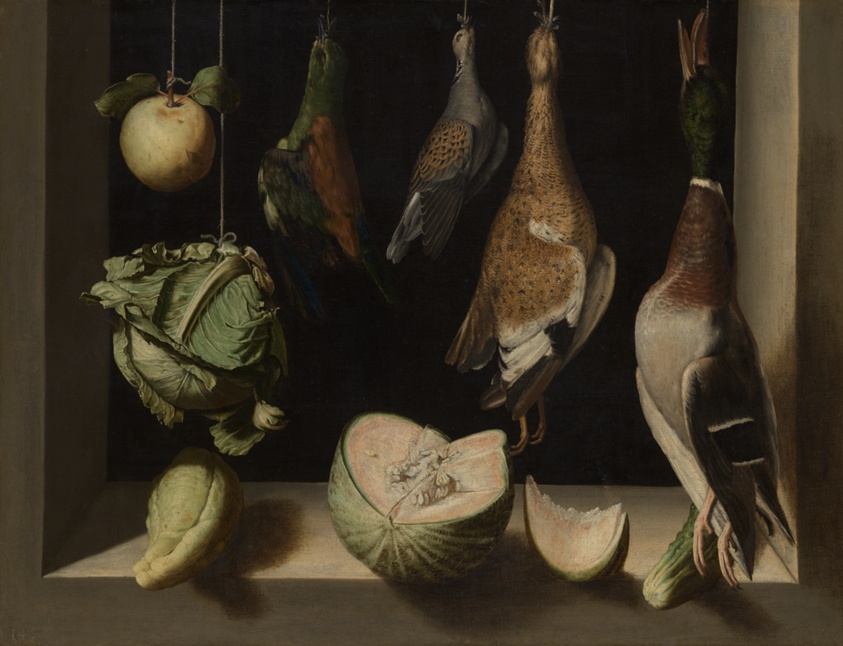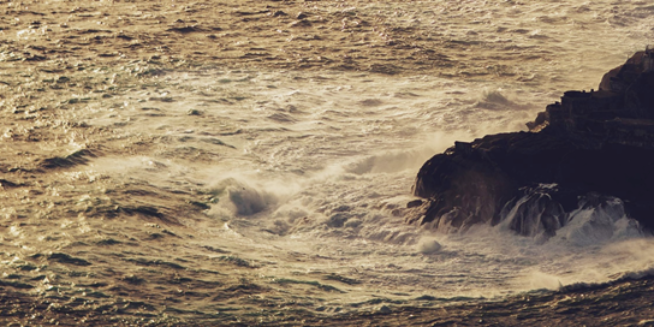Graduate Course Offerings
Fall 2025 Graduate Courses
ENGL 7003: Contemporary Theory and Practice
Dr. Julia Polyck-O’Neill,
Mondays, 17:00–20:00
Image: Liz Magor, you you you (exhibition view), 2017, Kunstverein, Hamburg
This course engages in an examination and analysis of contemporary critical thinking and reading, drawing from both theory and practice as it applies to literatures and related areas of inquiry. Students will develop a familiarity with major and minor movements in critical literary thought and reading as it circulates in this contemporary moment, with an eye for the current and historical events, movements, and critical genres that generate the trajectory of the scholarly, activist, and creative thinking undertaken now. The practical application of theory is central to this course.

ENGL 7337: Comics and Their Networks
Dr. Andrew Loman
Wednesday, 13:00-1600
Images: Ben Katchor, The Jew of New York (Pantheon Books, 1998); Henry Papprill (engraver), New York, with the City of Brooklyn in the Distance, from the Steeple of the St. Paul's Church, Looking East, South, and West, 1849.
The comics theorist Thierry Groensteen coined the term “arthrology” to describe comics as a narrative network or system of interrelated parts. This course will approach comics with this basic understanding but will also think of networks that extend beyond the text proper, both in terms of comics’ intertexts (the networks of cultural texts they announce and imply) and in terms of their production (networks of artists, editors, publishers, printers, and distributors, not to mention paper mills, printing presses, computers, and so on). Although our focus will be on recently published comics, we’ll try as much as possible to sustain an understanding of the form that spans the full two centuries of comics’ production in America, avoiding the myopia that sees “sophisticated” comics as an invention of the 1980s. Our reading list is certain to include Corman’s Victory Parade, Lutes’ Berlin, Moore and Gibbons’ Watchmen, and Som’s Apsara Engine, and may also include one or more of Hull’s Feeding Ghosts, Katchor’s Jew of New York, Shaw’s Discipline, Ware’s Building Stories or Jimmy Corrigan.

ENGL 7225: The Secret Lives of Objects: Writing, Items, Archives
Dr. Aaron Tucker
Thursdays, 13:00-16:00
Image: Juan Sánchez Cotán, “Still Life with Game Fowl” (1600), Art Institute of Chicago
This course takes a multi-genre creative writing approach to objects, localities, histories, futurities, and archives and aims, in part, to incorporate creative research methods into poems and prose. Students in this class will consider what an object is, what an archive is, and how poetry and prose can reveal, narrate, argue, reconsider localities and narratives.

ENGL 7357: Ecopoetics
Dr. Joel Deshaye
Fridays, 14:00–17:00
Image: David Howells from The Gazette (16 Sept. 2022)
This course is a small but representative survey of contemporary Canadian poetry, which we will read largely through rhizomes (à la Deleuze and Guattari) of ecopoetics, media ecology, and acoustic ecology. It begins with two canonical but contemporary figures, Jan Zwicky and Don McKay, before moving on to mid-career writers from various places and backgrounds, likely (but not yet definitely): Oana Avasilichioaei, Kaie Kellough, Marvin Francis, and Karen Solie. Each of these writers is interested in media, broadly conceived, whether media as metaphor (live or dead) or as something as potentially banal as an old tape deck or a step counter. In this seminar, we will look especially for media represented in natural environments, and we will draw on ecopoetics, media ecology, and acoustic ecology to help us conceptualize how natural environments change because of media in them.
